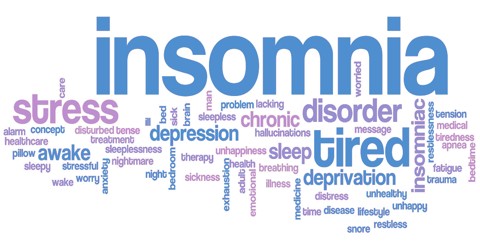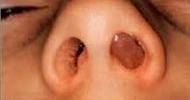About Insomnia
Definition
Insomnia is difficulty falling asleep or staying asleep, even when a person has the chance to do so. It is a common sleep disorder. People who have insomnia have trouble falling asleep, staying asleep, or both. As a result, they may get too little sleep or have poor-quality sleep. They may not feel refreshed when they wake up.

Insomnia can occur independently or as a result of another problem. Conditions that can result in insomnia include psychological stress, chronic pain, heart failure, hyperthyroidism, heartburn, restless leg syndrome, menopause, certain medications, and drugs such as caffeine, nicotine, and alcohol. Other risk factors include working night shifts and sleep apnea.
Insomnia is a common sleep problem for adults. The National Institutes of Health estimates that roughly 30 percent of the general population complains of sleep disruption, and approximately 10 percent have associated symptoms of daytime functional impairment consistent with the diagnosis of insomnia.
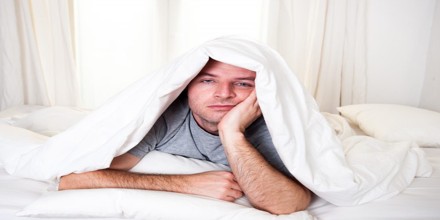
Types of Insomnia
There are two types of insomnia: primary insomnia and secondary insomnia.
- Primary Insomnia: Primary insomnia means that a person is having sleep problems that are not directly associated with any other health condition or problem.
- Secondary Insomnia: Secondary insomnia means that a person is having sleep problems because of something else, such as a health condition (like asthma, depression, arthritis, cancer, or heartburn); pain; medication they are taking; or a substance they are using (like alcohol).
Causes, Sign and Symptoms of Insomnia
Insomnia may have many causes and, as described earlier, it can be classified based upon the underlying cause. Causes of acute insomnia can include:
- Significant life stress (job loss or change, death of a loved one, divorce, moving)
- Illness
- Emotional or physical discomfort
- Environmental factors like noise, light, or extreme temperatures (hot or cold) that interfere with sleep
- Some medications (for example those used to treat colds, allergies, depression, high blood pressure, and asthma) may interfere with sleep
- Interferences in normal sleep schedule
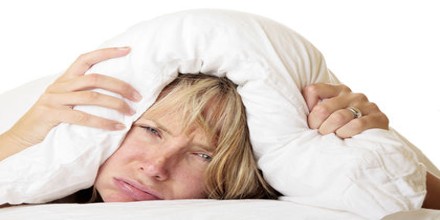
Causes of chronic insomnia include:
- Depression and/or anxiety
- Chronic stress
- Pain or discomfort at night
Insomnia may be divided into three classes based on the duration of symptoms.
- Transient insomnia: lasts one week or less and may be termed transient insomnia
- Short-term insomnia: lasts more than one week but resolves in less than three weeks
- Long-term or chronic insomnia lasts more than three weeks.
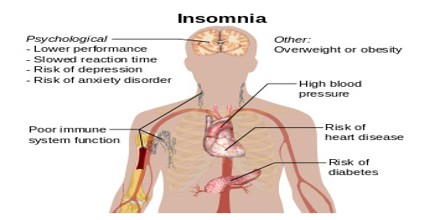
Impairment of daytime functioning is the defining and the most common symptom of insomnia. Other common symptoms include:
- Daytime fatigue
- Daytime sleepiness
- Mood changes
- Poor attention and concentration
- Lack of energy
- Anxiety
- Poor social function
- Headaches
- Increased errors and mistakes
Diagnosis, Treatment and Prevention of Insomnia
In medicine, insomnia is widely measured using the Athens insomnia scale. It is measured using eight different parameters related to sleep, finally represented as an overall scale which assesses an individual’s sleep pattern. In many cases, insomnia is co-morbid with another disease, side-effects from medications, or a psychological problem. Approximately half of all diagnosed insomnia is related to psychiatric disorders. In depression in many cases “insomnia should be regarded as a co-morbid condition, rather than as a secondary one;” insomnia typically predates psychiatric symptoms. Insomnia occurs in between 60% and 80% of people with depression.

Acute insomnia may not require treatment. Mild insomnia often can be prevented or cured by practicing good sleep habits. Avoid using over-the-counter sleeping pills for insomnia, because they may have undesired side effects and tend to lose their effectiveness over time. Treatment for chronic insomnia includes first treating any underlying conditions or health problems that are causing the insomnia. Going to sleep and waking up at the same time every day can create a steady pattern which may help to prevent or treat insomnia. Avoidance of vigorous exercise and any caffeinated drinks a few hours before going to sleep is recommended, while exercise earlier in the day is beneficial. The bedroom should be cool and dark, and the bed should only be used for sleep and sex. These are some of the points included in what doctors call “sleep hygiene”.
